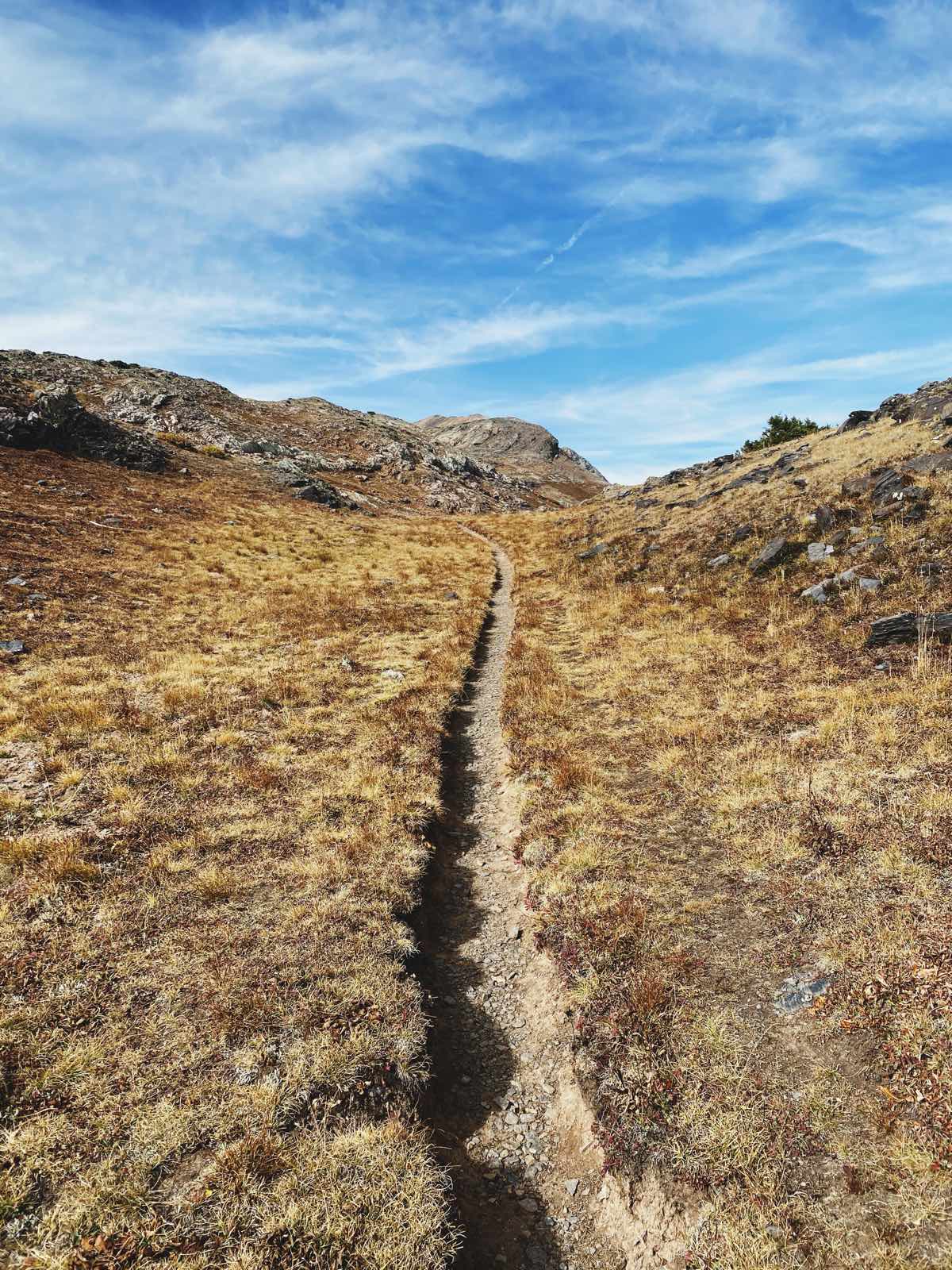This year has brought to light so many seemingly small things that we take for granted, like a hug a from a friend or a clear, blue sky under which we can run.
This year has also put our running and adventure goals into perspective. Amid the COVID-19 pandemic and wildfire-smoke-filled skies, morning miles and mountain summits are now evermore a privilege, not a necessity. Running today does not have the same purpose it used to. We don’t run long distances as a means of communication or to hunt food anymore—we have telephones and computers for the former and we have the grocery store down the street for the latter. Instead, we run simply because we can.
As I ran laps around a horse track at Rickey Gates’s Six Hours of Santa Fe recently, I couldn’t help but laugh at the gaggle of folks that kept going. For whatever reason, we felt compelled to keep running despite, literally, going nowhere. As I ran next to Eric Senseman, I asked if he had any running goals or plans in the near future. And he simply said, “No. It doesn’t really seem important right now.” It was nice to hear such an accomplished athlete have that perspective.
He continued with asking if I knew about the essay, “The Myth of Sisyphus.” I hadn’t, so he enlightened me. He said Sisyphus was condemned by the Greek gods to the eternally repetitious and meaningless task of pushing a boulder up a mountain, only to have it roll back down to the bottom. Albert Camus, a philosopher and the essay’s author, states, “It is during that return, that pause, that Sisyphus interests me. A face that toils so close to stones is already stone itself! I see that man going back down with a heavy yet measured step toward the torment of which he will never know the end.” Camus claims that once Sisyphus recognized his fate and the futility of his sentence, he was then free to see the absurdity of his situation and achieve a state of contentment in continuing to push the boulder to the top over and over again. Herein lies the analogy of running unceasing circles around a track, or running 100 miles just to cross an arbitrary finish line, or as Camus was using it… to show the absurdity of life itself. Somehow we keep going despite the destiny of death.
There are lots of ways to toil away the hours we’re given. I’m extremely grateful to spend a fraction of that time jogging down a trail with the crunch of fall leaves under foot and the birds flitting between the branches. I whisper, “Thank you,” as I dip my hand in the dwindling trickle of the creek before I turn around and jog home.
Call for Comments
- Have you found contentment in your life’s repetitive elements?
- Alternately, has there been a time when the absurdity of something simply became too much?

